My muse, on the other hand, is a peripatetic tramp who can’t be counted on to show up at any given time on any given day. If I had to wait for that bastard to show in order to write something, I’d still be working on my first novel.
I feel stuck. Have for a while now. It’s nothing too alarming; I’ve been here before. But it is frustrating, and I am ready — past ready — to be, well, unstuck.
I’ve been doing a lot of editing recently, and I enjoy that. It keeps my mind busy. It forces me to think creatively, to consider my craft while also making certain to respect the vision and voice of my client. But it’s not the same as writing.
 And when it comes to writing, I am in something of a rut. The last novel-length piece I wrote beginning to end was Invasives, the second Radiants book, which I completed (the first draft at least) eleven months ago. Eleven months!
And when it comes to writing, I am in something of a rut. The last novel-length piece I wrote beginning to end was Invasives, the second Radiants book, which I completed (the first draft at least) eleven months ago. Eleven months!
I’ve written some short fiction since then. A Thieftaker story, a story for the Silence in the City anthology. I had to revise and polish Invasives, and I have done work on the new Celtic series I’ve recently sold. But the first two of those books were already written. I’ve been revising those, too. I’ve started book 3, but only just.
Mostly, as I say, I’ve been editing. My work. Other people’s work. The Noir anthology. I’ve been plenty busy, but I have not been as productive creatively as I would like. And I wonder if this is because of all the emotional pressure we (my family and I) have been under over the past year-plus.
 Recently, I wrote a couple of what you might call audition chapters for a project I cannot talk about. (There was actually an NDA. I really can’t talk about it.) And I enjoyed that process. I had a tight deadline, a quick turnaround from when I got the information on what I needed to write to when the chapters were due. I met the deadline with ease, and was pleased with the results.
Recently, I wrote a couple of what you might call audition chapters for a project I cannot talk about. (There was actually an NDA. I really can’t talk about it.) And I enjoyed that process. I had a tight deadline, a quick turnaround from when I got the information on what I needed to write to when the chapters were due. I met the deadline with ease, and was pleased with the results.
As I say, I’ve been here before. I’m not worried that I’ll never write again. At least not too worried.
I wonder, though, if there is a lesson in that experience with the sample chapters. Maybe what I need is a deadline, one that’s hard and fast and not too far away. Maybe I need that sort of kick in the pants to get going again. I’ve long said that when I go too long without writing, I get cranky.
Well, I’m cranky.
I don’t know if I’ll get the gig I auditioned for. I’m certainly not counting on it. But if I don’t, I need to make myself work on something else. According to the contract, that third Celtic book isn’t due for a long time, but I am thinking I should start writing it now. And I should set a hard deadline for myself, well before the actual due date. I have lots of editing projects looming, so I can easily justify forcing myself to write the book now and quickly.
I don’t know. I need to do something.
Creativity is a strange beast. Often it’s thought of as something that comes to us in sudden sparks of inspiration. It can’t be forced, we’re told. But when it strikes, the feeling is euphoric. And some of that is true some of the time.
Inspiration can be abrupt and unexpected, and those moments can be euphoria-inducing. The thing is though, if we want to make our living as creatives, we can’t afford to wait for the muse, or whatever, to strike. We have mortgages to pay, groceries to buy, bills arriving in the mail each day. This is our job, damnit!
Which means creativity can be forced. Most times it has to be forced. I write pretty much every day. My muse, on the other hand, is a peripatetic tramp who can’t be counted on to show up at any given time on any given day. If I had to wait for that bastard to show in order to write something, I’d still be working on my first novel.
What does this have to do with me being stuck? Honestly, I’m not certain; I’m working this out as I go. But I think the answer is this: Being stuck is as much a part of making a living as a creator as being inspired. It’s the back half of that shining coin. Fields need to lay fallow for a time before they can be productive again. Writers (and other artists) sometimes need to go through periods of creative dormancy before we can dive back into the projects we want to complete.
This is not an excuse. As I said earlier, I’m cranky. I want to be writing again. But I have also learned over the years that beating myself up because I’ve been unproductive accomplishes nothing. On some level, I believe, the creative brain knows what it needs. Just as a body can crave different sorts of food to meet nutritional needs, the artistic mind can seek out times of rest and times of activity.
I have been in the former for long enough, thank you very much. I am ready for the latter.
Keep writing!

 Hidden Gem movies: Two entries here, too, both of them idiosyncratic. But that’s the point, right? The first is a film from 1964 called The Americanization of Emily. It is a war movie set during World War II, but it will turn your expectations upside down as it rejects normal images of heroism and wartime valor. The cast is great — Julie Andrews in the title role is terrific. She’s worldly, sassy, and a long, long way from Mary Poppins and Fräulein Maria. James Garner, a favorite of mine, is her love interest, and is not at all the usual romantic lead. James Coburn and Melvyn Douglas are strong in supporting roles.
Hidden Gem movies: Two entries here, too, both of them idiosyncratic. But that’s the point, right? The first is a film from 1964 called The Americanization of Emily. It is a war movie set during World War II, but it will turn your expectations upside down as it rejects normal images of heroism and wartime valor. The cast is great — Julie Andrews in the title role is terrific. She’s worldly, sassy, and a long, long way from Mary Poppins and Fräulein Maria. James Garner, a favorite of mine, is her love interest, and is not at all the usual romantic lead. James Coburn and Melvyn Douglas are strong in supporting roles.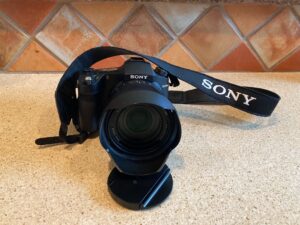 Anyone who has met me and/or read this blog knows I am an avid photographer. And I have a very nice camera, a digital SLR with several interchangeable lenses that I use for landscapes, portraits, macro, travel photography, and pretty much everything else. Pretty much.
Anyone who has met me and/or read this blog knows I am an avid photographer. And I have a very nice camera, a digital SLR with several interchangeable lenses that I use for landscapes, portraits, macro, travel photography, and pretty much everything else. Pretty much.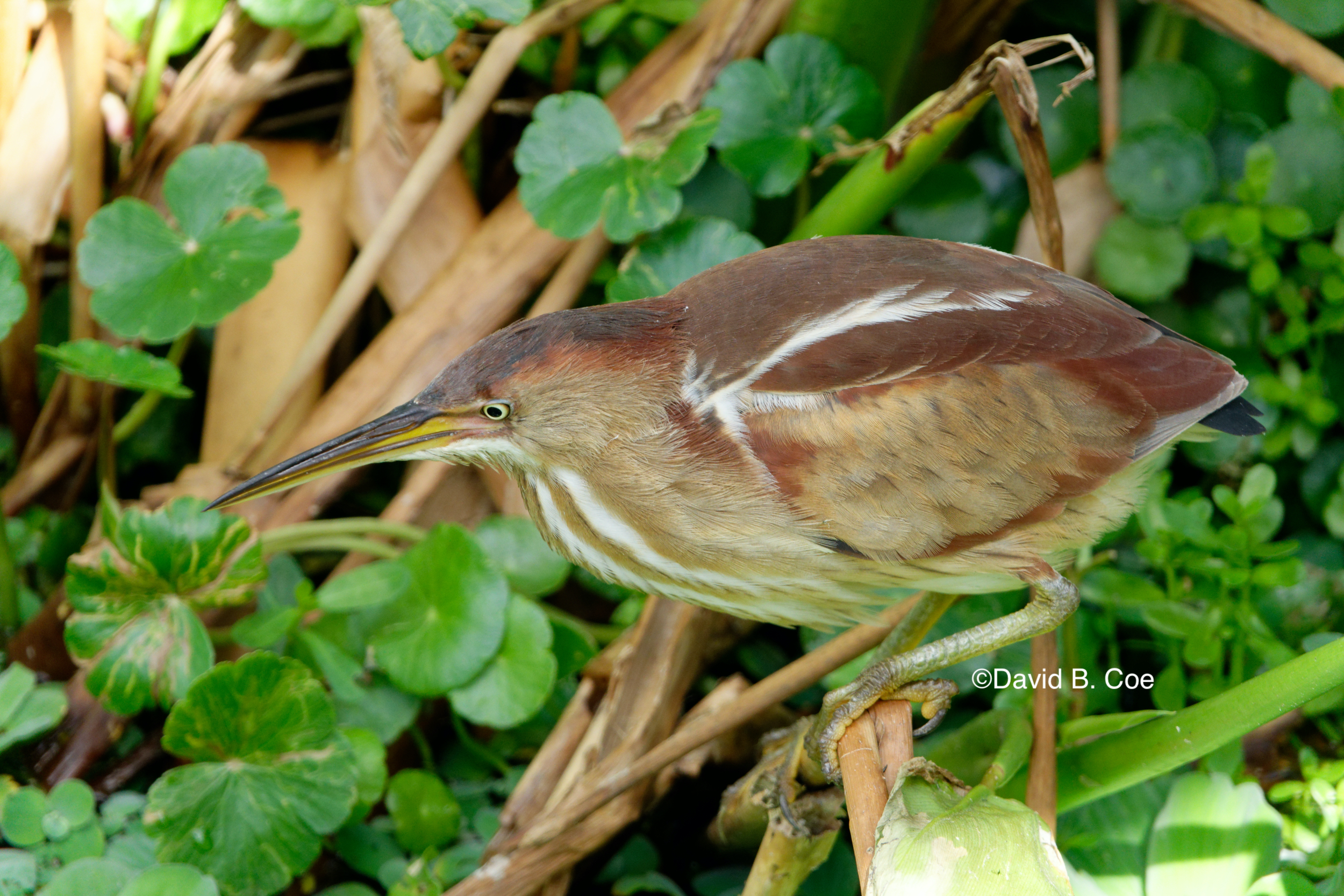
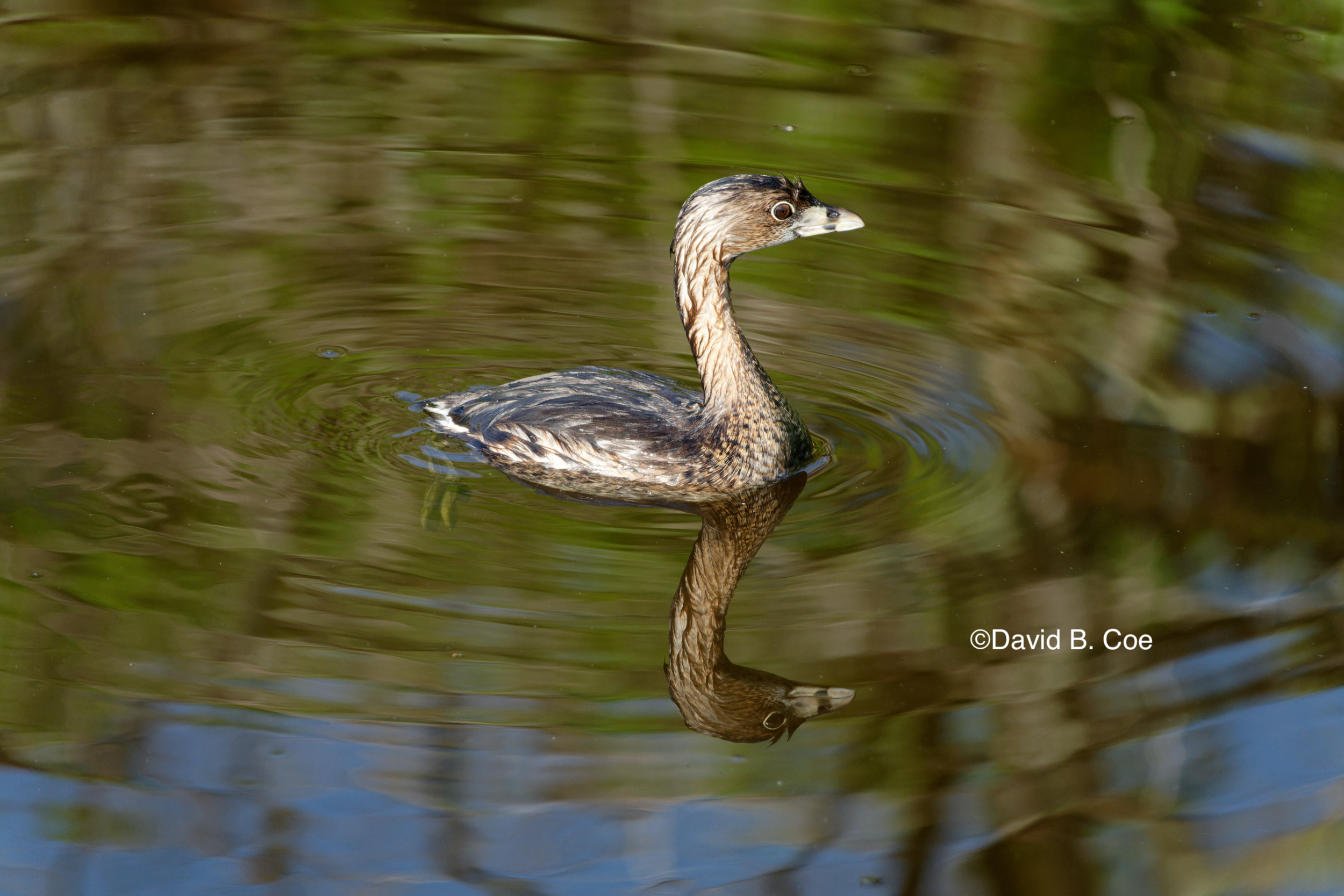
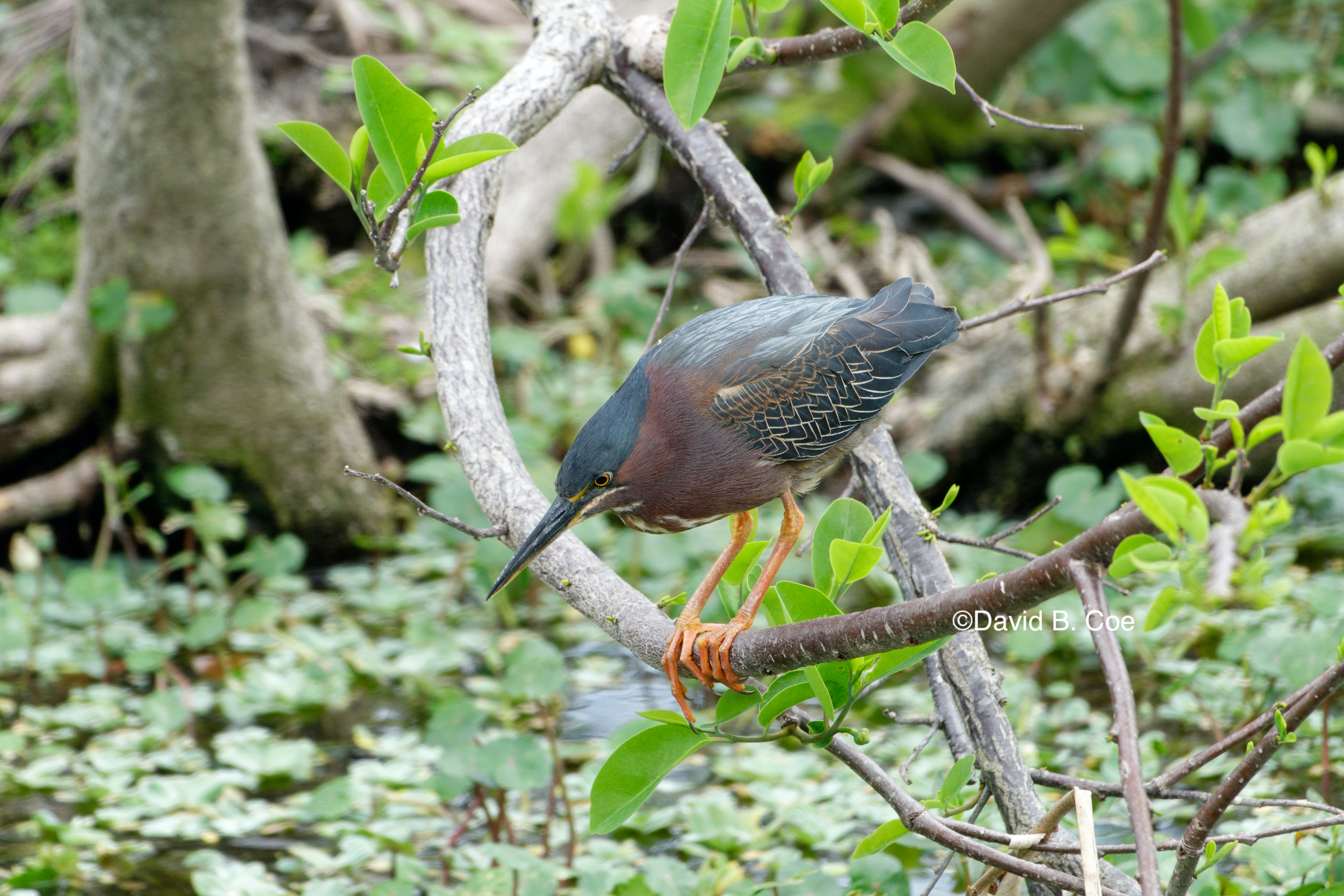

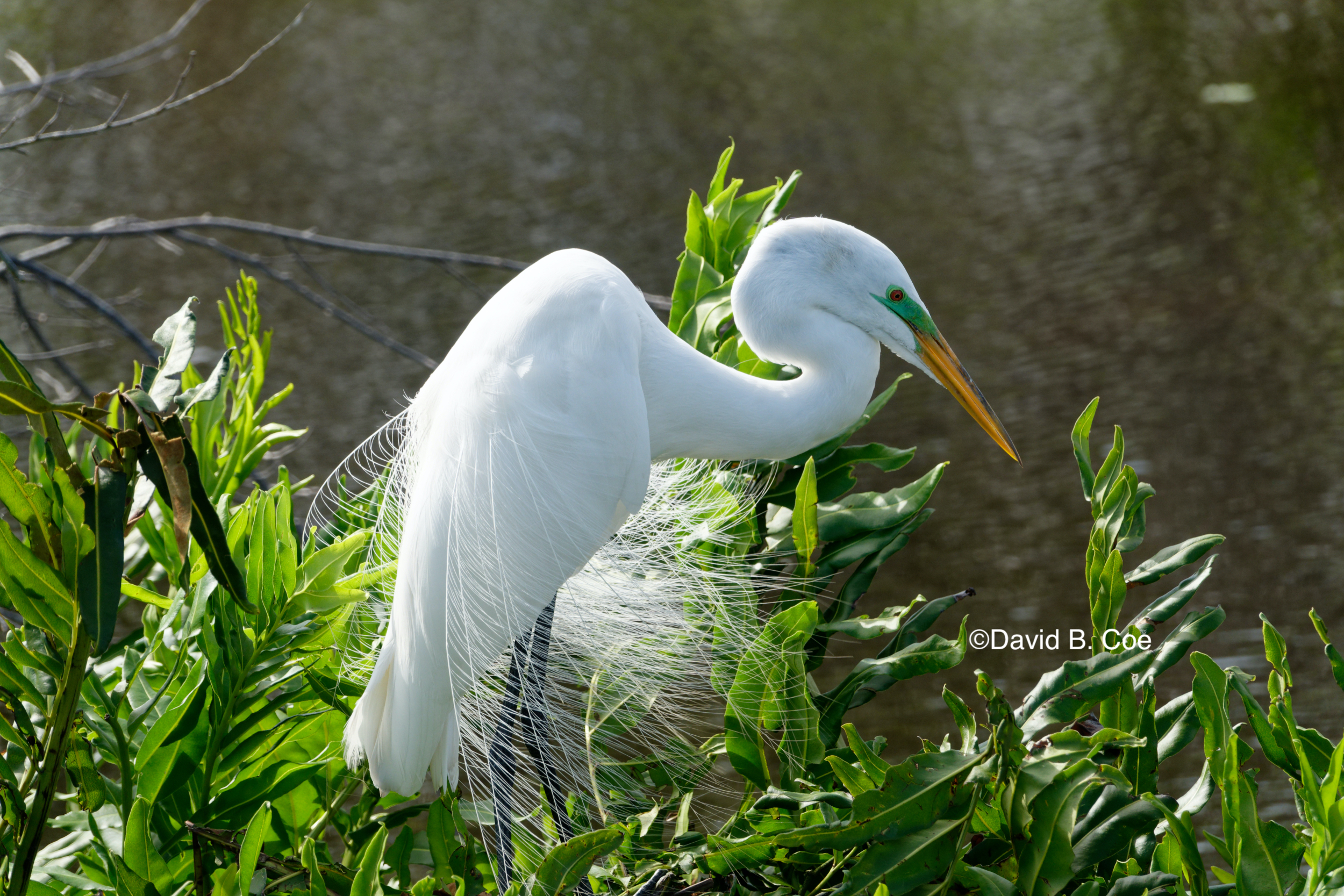
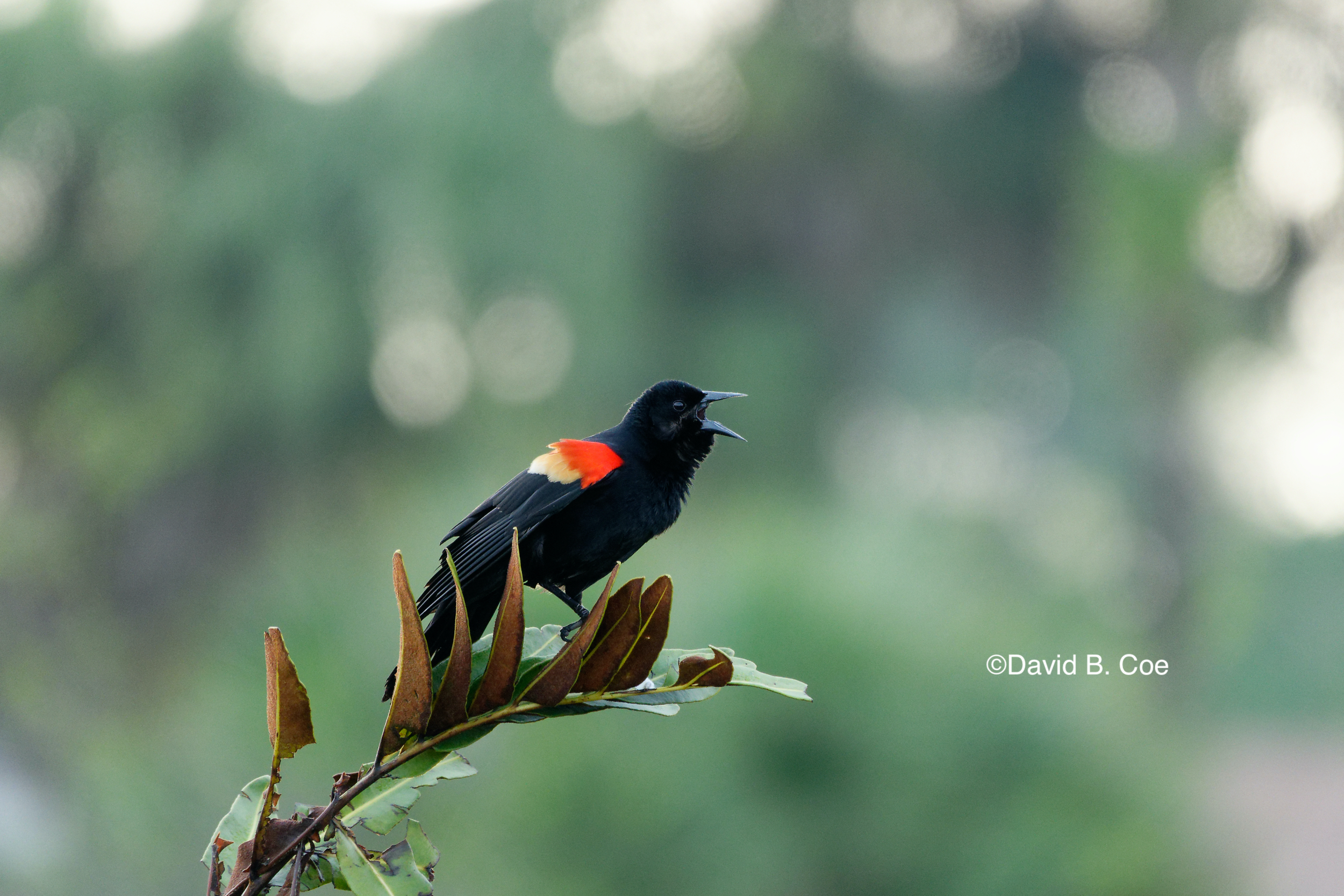
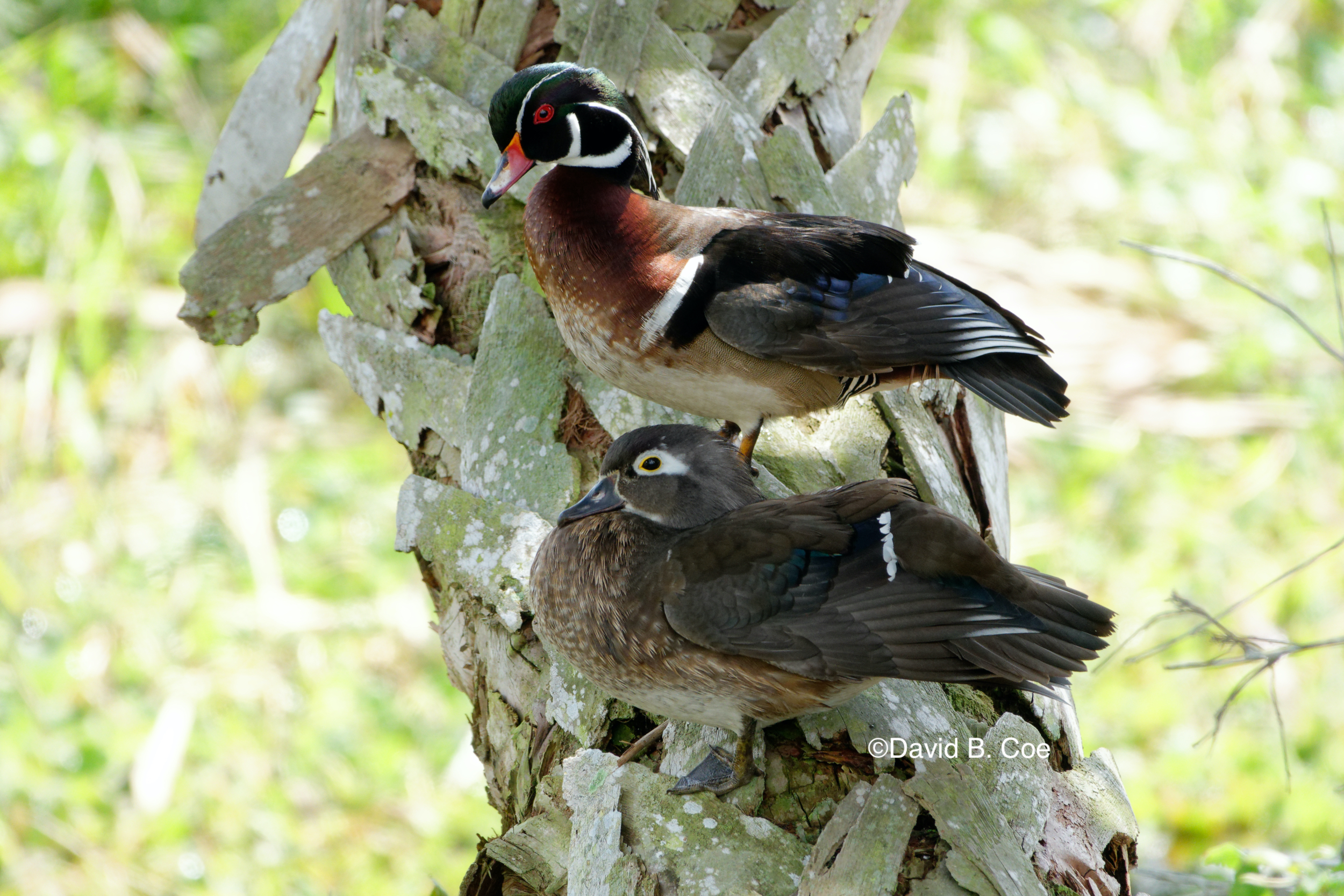
 Confession #1: I play Bejeweled Blitz on my phone. I play it a lot, and I have been addicted to it for years. I have enough gold bars and coins piled up to make Warren Buffett envious. I have so many free gems wracked up that I could play for weeks straight, without pausing for meals or sleep, and never have to pay for a gem with any of those hoarded coins. It’s a bit of a sickness, actually. But I do enjoy it.
Confession #1: I play Bejeweled Blitz on my phone. I play it a lot, and I have been addicted to it for years. I have enough gold bars and coins piled up to make Warren Buffett envious. I have so many free gems wracked up that I could play for weeks straight, without pausing for meals or sleep, and never have to pay for a gem with any of those hoarded coins. It’s a bit of a sickness, actually. But I do enjoy it. “Aha!!” I was able to reply. “What about Joe Morgan? Two time Most Valuable Player, perennial All-Star, World Series champion. He’s five foot seven!” Besides, I assured them. I didn’t expect or need to be six feet tall. I would be perfectly happy with five foot ten, like my hero, Roy White.
“Aha!!” I was able to reply. “What about Joe Morgan? Two time Most Valuable Player, perennial All-Star, World Series champion. He’s five foot seven!” Besides, I assured them. I didn’t expect or need to be six feet tall. I would be perfectly happy with five foot ten, like my hero, Roy White. It’s not enough to create my worlds and magic systems. I have to explain them to my readers in a manner that is entirely natural and unobtrusive. And — my own preference — I also have to complete my stories and my character arcs in ways that utilize my fantasy elements without allowing them to take over my story telling. My heroes may possess magic, but in the end, I will always choose to have them prevail by drawing upon their native human qualities — their courage and resolve, their intelligence and creativity, their devotion to the people and places they love. Magic sets them apart and makes them interesting. It is often the hook the draws readers to my books. But those human attributes — those are the ones my real-world readers relate to. They form the bond between my readers and my characters. And so if those are the qualities that allow my characters to prevail in the end, then their triumphs will feel more personal and rewarding to my readers. It is the simplest sort of literary math.
It’s not enough to create my worlds and magic systems. I have to explain them to my readers in a manner that is entirely natural and unobtrusive. And — my own preference — I also have to complete my stories and my character arcs in ways that utilize my fantasy elements without allowing them to take over my story telling. My heroes may possess magic, but in the end, I will always choose to have them prevail by drawing upon their native human qualities — their courage and resolve, their intelligence and creativity, their devotion to the people and places they love. Magic sets them apart and makes them interesting. It is often the hook the draws readers to my books. But those human attributes — those are the ones my real-world readers relate to. They form the bond between my readers and my characters. And so if those are the qualities that allow my characters to prevail in the end, then their triumphs will feel more personal and rewarding to my readers. It is the simplest sort of literary math. And so those who trust the Covid science will remain safer than those who don’t. Those who keep up with vaccinations and boosters will get sick less often and less severely. They will die in far smaller numbers and spend far less time in the hospital. The numbers are dramatic and indisputable. Sadly, but predictably, living with Covid means accepting an ever widening gap in the rates of infection and in case outcomes between those who ignore the advice of medical professionals and those who follow it. It means accepting that some social and economic disruptions will be unavoidable. One-third of the people in this country are unwilling to protect themselves and their families. There are bound to be consequences for this.
And so those who trust the Covid science will remain safer than those who don’t. Those who keep up with vaccinations and boosters will get sick less often and less severely. They will die in far smaller numbers and spend far less time in the hospital. The numbers are dramatic and indisputable. Sadly, but predictably, living with Covid means accepting an ever widening gap in the rates of infection and in case outcomes between those who ignore the advice of medical professionals and those who follow it. It means accepting that some social and economic disruptions will be unavoidable. One-third of the people in this country are unwilling to protect themselves and their families. There are bound to be consequences for this. But at the very least, we need to see our main heroes grappling with what they have endured and setting their sights on what is next for them. We don’t need this for every character but we need it for the key ones. Ask yourself, “whose book is this?” For me, this is sometimes quite clear. With the Thieftaker books, every story is Ethan’s. And so I let my readers see Ethan settling back into life with Kannice and making a new, fragile peace with Sephira, or something like that. With other projects, though, “Whose book is this?” can be more complicated. In the Islevale books — my time travel/epic fantasy trilogy — I needed to tie off the loose ends of several plot threads: Tobias and Mara, Droë, and a few others. Each had their “Louis” moment at the end of the last book, and also some sense of closure at the ends of the first two volumes.
But at the very least, we need to see our main heroes grappling with what they have endured and setting their sights on what is next for them. We don’t need this for every character but we need it for the key ones. Ask yourself, “whose book is this?” For me, this is sometimes quite clear. With the Thieftaker books, every story is Ethan’s. And so I let my readers see Ethan settling back into life with Kannice and making a new, fragile peace with Sephira, or something like that. With other projects, though, “Whose book is this?” can be more complicated. In the Islevale books — my time travel/epic fantasy trilogy — I needed to tie off the loose ends of several plot threads: Tobias and Mara, Droë, and a few others. Each had their “Louis” moment at the end of the last book, and also some sense of closure at the ends of the first two volumes. Why do I do this? Why am I suggesting you do it, too? Because while we are telling stories, our books are about more than plot, more than action and intrigue and suspense. Our books are about people. Not humans, necessarily, but people certainly. If we do our jobs as writers, our readers will be absorbed by our narratives, but more importantly, they will become attached to our characters. And they will want to see more than just the big moment when those characters prevail (or not). They will want to see a bit of what comes after.
Why do I do this? Why am I suggesting you do it, too? Because while we are telling stories, our books are about more than plot, more than action and intrigue and suspense. Our books are about people. Not humans, necessarily, but people certainly. If we do our jobs as writers, our readers will be absorbed by our narratives, but more importantly, they will become attached to our characters. And they will want to see more than just the big moment when those characters prevail (or not). They will want to see a bit of what comes after. As many of you know, I am a fairly serious photographer and have been for some time. I have shown in local galleries, sold photos out of those galleries, and had a few photographs published in magazines. The walls of our house are sprinkled generously with enlargements of my images.
As many of you know, I am a fairly serious photographer and have been for some time. I have shown in local galleries, sold photos out of those galleries, and had a few photographs published in magazines. The walls of our house are sprinkled generously with enlargements of my images. I am having sets of notecards made from some of my photographs to sell in collections. There will be eight cards per set, two copies of a total of four different images. They will, of course, come with envelopes. And my plan is to have the first sets available for sale at JordanCon in April.
I am having sets of notecards made from some of my photographs to sell in collections. There will be eight cards per set, two copies of a total of four different images. They will, of course, come with envelopes. And my plan is to have the first sets available for sale at JordanCon in April. I don’t know yet exactly what I will charge for each set of eight cards. I have been checking prices in local shops around our town, where people charge as much as $5.00 per card! (More often $2.50-3.00 per card.) My rates will be lower than that, although the exact price will depend on exactly how much my cost per set is for printing, envelopes, packaging, etc. Eventually — sooner rather than later — I hope to offer sets for sale in the online bookstore on my websites.
I don’t know yet exactly what I will charge for each set of eight cards. I have been checking prices in local shops around our town, where people charge as much as $5.00 per card! (More often $2.50-3.00 per card.) My rates will be lower than that, although the exact price will depend on exactly how much my cost per set is for printing, envelopes, packaging, etc. Eventually — sooner rather than later — I hope to offer sets for sale in the online bookstore on my websites. Keep creating!!
Keep creating!!